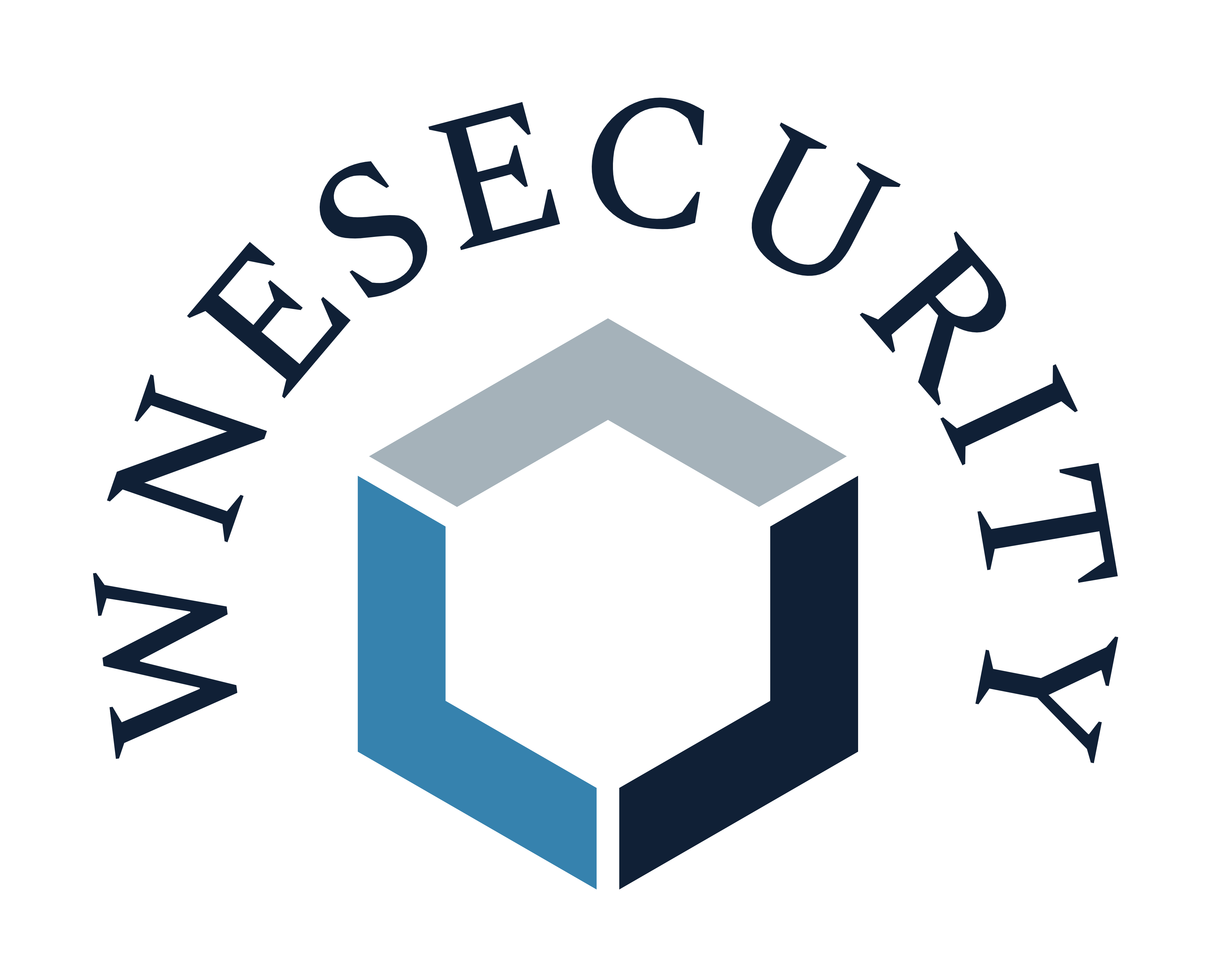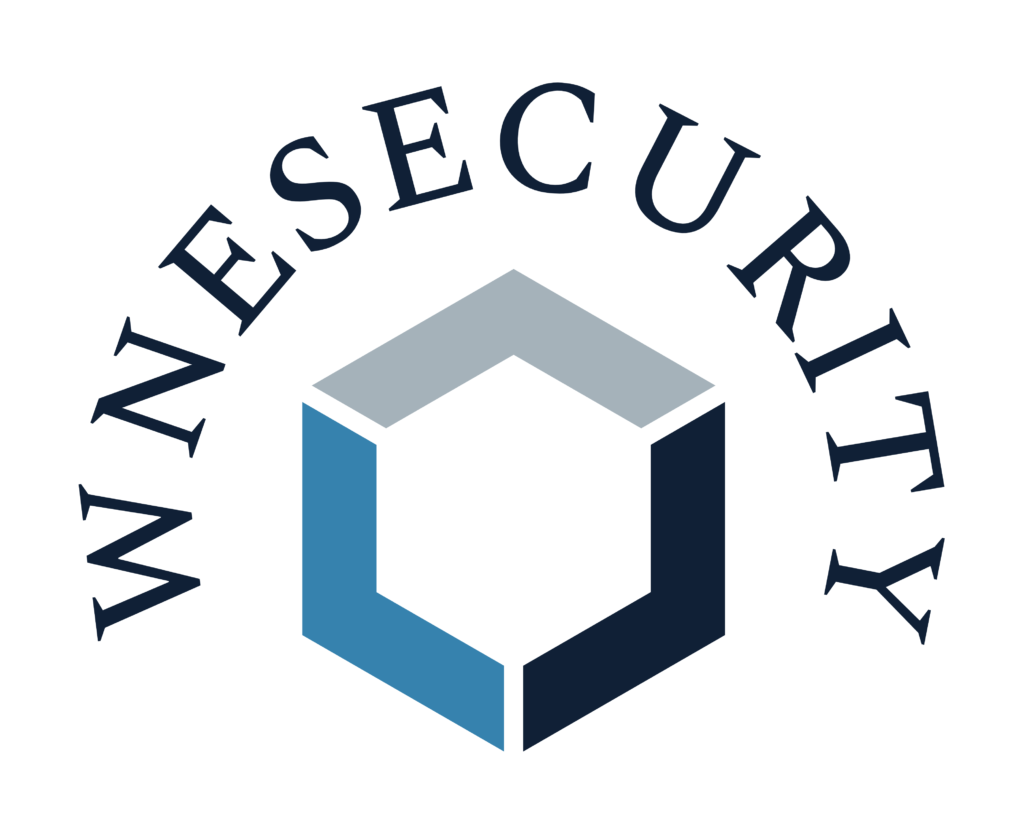WNE Security News
Read about “NYDFS Cybersecurity Regulation Risk Assessment 2024” and the most important cybersecurity news to stay up to date with
NYDFS Cybersecurity Regulation Risk Assessment 2024

WNE Security Publisher
1/10/2025

Learn NYDFS Cybersecurity Regulation Risk Assessment 2024 and how we can help keep your organization compliant.
New York Department of Financial Services (NYDFS) has introduced its 2023 Proposal for cybersecurity regulations, updating the previous 2022 Proposal. These changes reflect a shift towards a more dynamic, risk-based approach to cybersecurity, emphasizing continuous monitoring, timely remediation, and tailored risk assessments for covered entities.
Key Updates in the 2023 Proposal
Enhanced Penetration Testing and Vulnerability Assessments (Section 500.5)
The 2023 Proposal mandates annual penetration testing conducted by qualified internal or external parties. This is a significant step in ensuring that vulnerabilities are identified and addressed proactively. Alongside, vulnerability scans based on the results of risk assessments are required, ensuring that the focus is always aligned with the latest threat landscape.
Importantly, the Proposal calls for a robust monitoring process to identify vulnerabilities continuously. Once identified, these vulnerabilities must be remediated on a risk-focused basis. This approach ensures that resources are allocated efficiently, prioritizing threats that pose the greatest risk.
A notable change from the 2022 Proposal is the removal of the requirement to document and report material issues to the senior governing body. However, the obligation to report material cybersecurity issues promptly remains under Section 500.4(c).
Revised Risk Assessment Protocols (Section 500.9)
Under the 2023 Proposal, risk assessments must be updated at least annually, ensuring that cybersecurity strategies evolve in line with emerging threats and changes within the organization. Additionally, an impact assessment is required whenever significant changes in business or technology potentially alter the cyber risk landscape.
The Proposal also removes the earlier requirement for Class A Companies to utilize external experts for risk assessments every three years. This change might be seen as a move towards giving organizations more flexibility and acknowledging their internal competencies in risk management.
The 2023 Proposal also introduces a clear definition of “Risk Assessment,” emphasizing a process that considers various organizational aspects and the specific circumstances of each covered entity. This addition underlines the need for a bespoke approach to cybersecurity, recognizing that a one-size-fits-all strategy is often ineffective.
Lastly, the Proposal modifies the definition of “Third Party Service Provider” to exclude governmental entities, refining the scope of entities that fall under this category.
Implications for Covered Entities
The updates in the NYDFS Cybersecurity Regulations signify a shift in focus from prescriptive compliance to a more nuanced, risk-based approach. Covered entities are encouraged to develop cybersecurity strategies that are not only compliant with regulations but also tailored to their specific risk profiles and operational needs.
The removal of certain documentation requirements and the flexibility in conducting risk assessments internally may reduce administrative burdens for some organizations. However, it also places greater responsibility on them to ensure that their cybersecurity measures are robust, effective, and continuously evolving.
The NYDFS’s 2023 Proposal for cybersecurity regulations is a forward-thinking approach, aligning with the dynamic nature of cyber threats and the diverse risk profiles of covered entities. By emphasizing continuous monitoring, tailored risk assessments, and prioritizing resources based on risk, these regulations aim to create a more resilient and responsive cybersecurity environment for New York’s financial sector. As cyber threats continue to evolve, such proactive and tailored approaches will likely become increasingly critical in safeguarding digital assets and maintaining public trust in financial institutions.
Learn more about WNE Security products and services that can help keep you cyber safe.
Learn NYDFS Cybersecurity Regulation Risk Assessment 2024 and how we can help keep your organization compliant.

Learn more about NYDFS Cybersecurity Regulation Risk Assessment 2024 and the NYDFS Cybersecurity Regulation changes by clicking the links below.
Stay updated with WNE Security’s news section for the latest in cybersecurity trends, threats, and protection measures.



